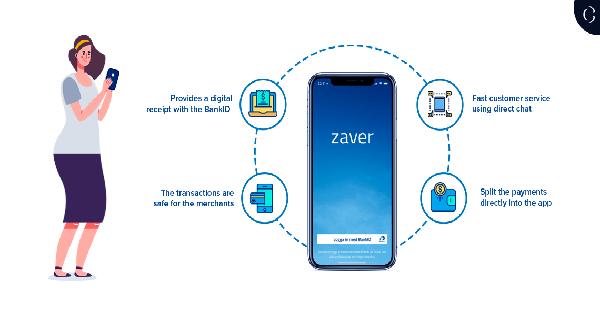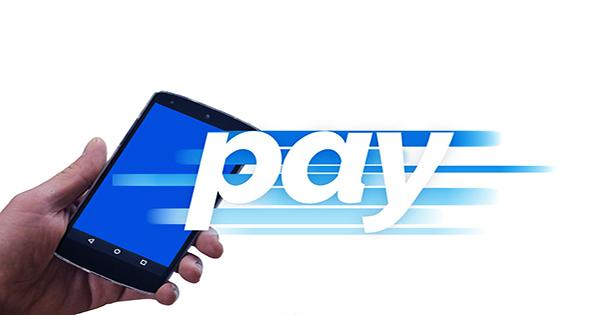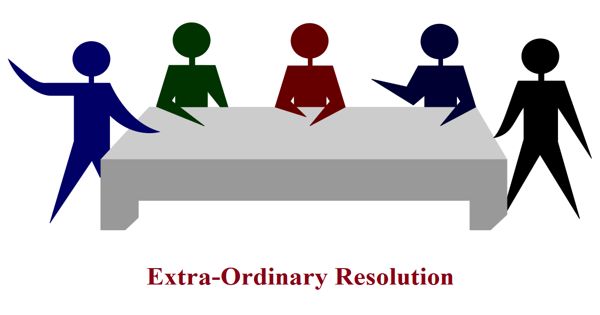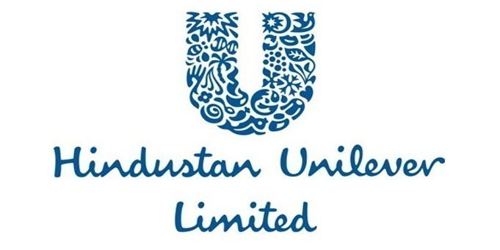Xavier, a Swedish fintech that enables merchants to accept cardless payments and offers Sister-Now-Pay-Letter (BNPL) as an alternative, has raised $5 million for the new fund. Focusing on P2P payments for marketplace transactions, the company is now doubling product-feet in sustainable sectors (folks: automotive, health and beauty, crafts, etc.) for both online and offline trade after claiming to find product-markets. Founded in mid-2016 by Amir Marandi and Linus Malmén, both of whom were students at the KTH Royal Institute of Technology in Stockholm, Zaver seeks to accelerate the move toward mobile payments away from plastic cards. Its target market is “sustainable” starting in Sweden.
Its target market is launching in Sweden “Sustainable” starting payment functionality and features include online and offline cardless payments powered by Open Banking, instant payment to merchants, BNPL and credit scoring. “As sustainable, we mean products (and services) that don’t need to be purchased often and usually last a long time, such as a visit to a car, dentist’s clinic or kitchen renovation,” Marandi tells me. “[These] often ‘ the value of transactions is higher than that of ordinary ‘retail goods or services.

Since launching “Javier for Business” two years ago, Marandi says the company has gone from zero to “a few million dollars” in processing volume. “Today, we have a product market that proves that users are willing to give up old habits, and use their phone to pay for bigger items or services,” he says. Bypassing the rails of the card, Marandi argues that Java has been able to present user experience and product development in-house in a way that is not yet possible, at a reasonable price.
“The focus in this sector is on legacy-solution change with a broader banking and payment platform for SMEs, where BNPL plays a key role in changing customer behavior,” he added. Meanwhile, Xavier’s main competitors cited as legacy products, such as credit cards and factoring firms. “What sets us apart is that we focus on low-margin sales, and a placement in mobile payments in a sector with a higher average transaction price,” says Marandi.
“By focusing on new customer behavior (e.g., BNPL, direct debit, on-time installments) and real-time settlements, we can offer the same friction-free payment experience online and offline, regardless of ticket size.”
















